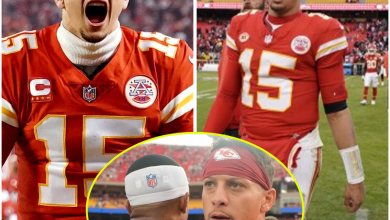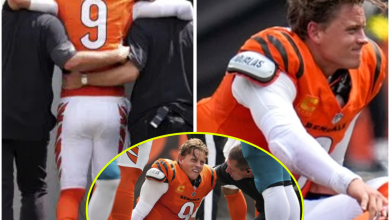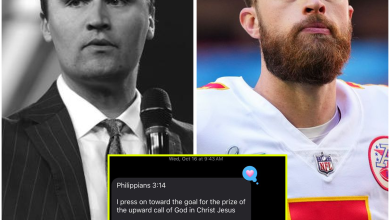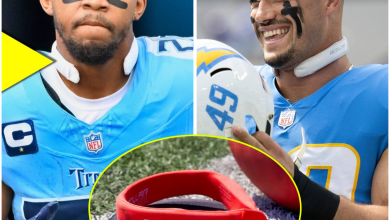D.D. Lewis, Two-Time Super Bowl Champion and Heart of Cowboys’ ‘Doomsday Defense,’ Dies at 79
D.D. Lewis, a tough, intelligent, and relentlessly consistent linebacker who served as a cornerstone for the Dallas Cowboys dynasty of the 1970s, has passed away at the age of 79. His death, confirmed by Mississippi State and the Cowboys organization, marks the loss of a vital link to the very era that transformed the franchise into « America’s Team. »
While he played alongside a dazzling roster of future Hall of Famers, Lewis was the indispensable grinder, a key cog in the legendary “Doomsday Defense” that powered Dallas to five Super Bowl appearances and two championships. His passing is not just the loss of a beloved franchise hero, but a poignant reminder of the grit and determination that forged the team’s iconic identity.
Lewis’s journey to NFL stardom was the definition of an underdog story. A sixth-round draft pick out of Mississippi State in 1968, he arrived in Dallas with few expectations. But through sheer tenacity, a high football IQ, and a work ethic that endeared him to legendary coach Tom Landry, Lewis didn’t just make the team—he became a fixture for 13 seasons.

His career is a monument to consistency and winning. In the 13 years D.D. Lewis wore the star on his helmet, the Dallas Cowboys never once finished a season with a losing record. It is a staggering statistic that speaks volumes about the culture of excellence he helped build and maintain. Furthermore, his 27 playoff game appearances remain the most in the storied history of the franchise, a record that underscores both his durability and the team’s sustained dominance during his tenure.
Lewis was the steady hand on a defense renowned for its star power and explosive play. The Doomsday Defense was a cultural phenomenon in itself, a unit that featured titans like Bob Lilly, Mel Renfro, Cliff Harris, Harvey Martin, and Randy White. But while those players often grabbed the headlines, Lewis was the cerebral, reliable force who made it all work. He was a master of Landry’s complex “Flex” defense, known for his sure tackling, his disciplined play, and his leadership on the field. He was the ultimate team player, a man whose contributions far outweighed his personal accolades.

His hard work culminated in the ultimate prize—twice. Lewis was instrumental in the Cowboys’ first-ever championship in Super Bowl VI, a dominant 24-3 victory over the Miami Dolphins. Six years later, he was a veteran leader on the team that dismantled the Denver Broncos 27-10 in Super Bowl XII, a game in which the Doomsday Defense forced eight turnovers and cemented its place in NFL lore.
The impact of those 1970s teams, with their thrilling offense led by Roger Staubach and their punishing defense anchored by players like Lewis, cannot be overstated. As the NFL exploded in popularity on national television, the Cowboys became the main attraction. Their success, their iconic uniforms, and their roster of compelling personalities captured the nation’s imagination. The moniker « America’s Team » wasn’t a marketing slogan; it was a reflection of reality.
That legacy, built on the backs of determined players like D.D. Lewis, is the bedrock upon which the modern franchise stands. The Dallas Cowboys of today, a global brand valued at an astonishing $13 billion, owe their status to the foundation laid during that golden era. Without the championships, the national spotlight, and the multi-generational fanbase created in the ’70s, the Cowboys simply would not be the institution they are today.
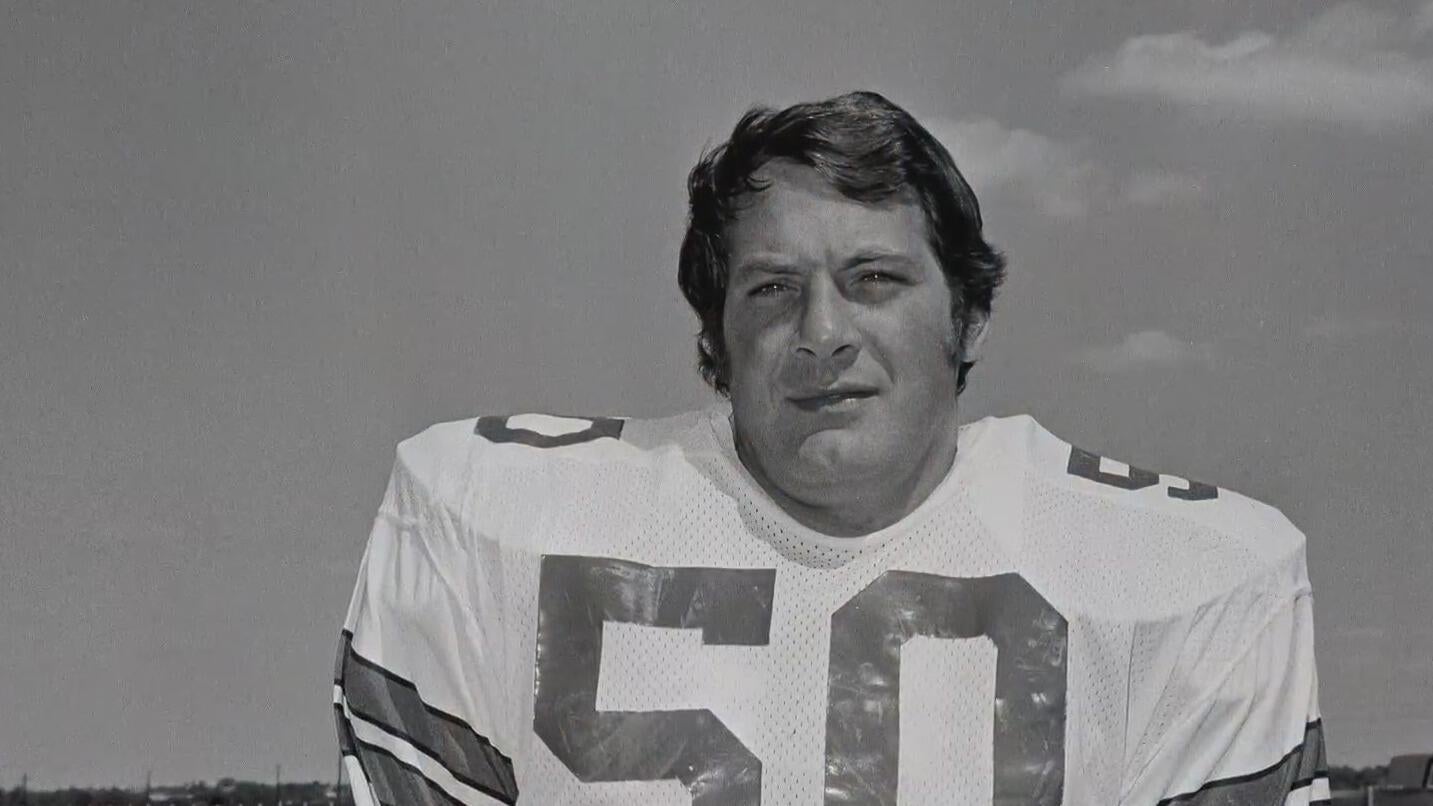
Despite his quiet, workmanlike approach, Lewis was also known for his wit, famously quipping about his perfectionist coach: « Tom Landry is a perfectionist. If he was married to Raquel Welch, he’d expect her to cook. » It was a glimpse into the personality of a man who understood his role perfectly, both on the field and in the locker room.
The passing of D.D. Lewis is a profound loss for the Cowboys family. He may not have a bust in Canton, but he has something just as enduring: two Super Bowl rings and the eternal gratitude of a fanbase that recognizes him as a true architect of their team’s greatness. He was a winner, a leader, and the embodiment of the toughness that made the Dallas Cowboys legendary.
